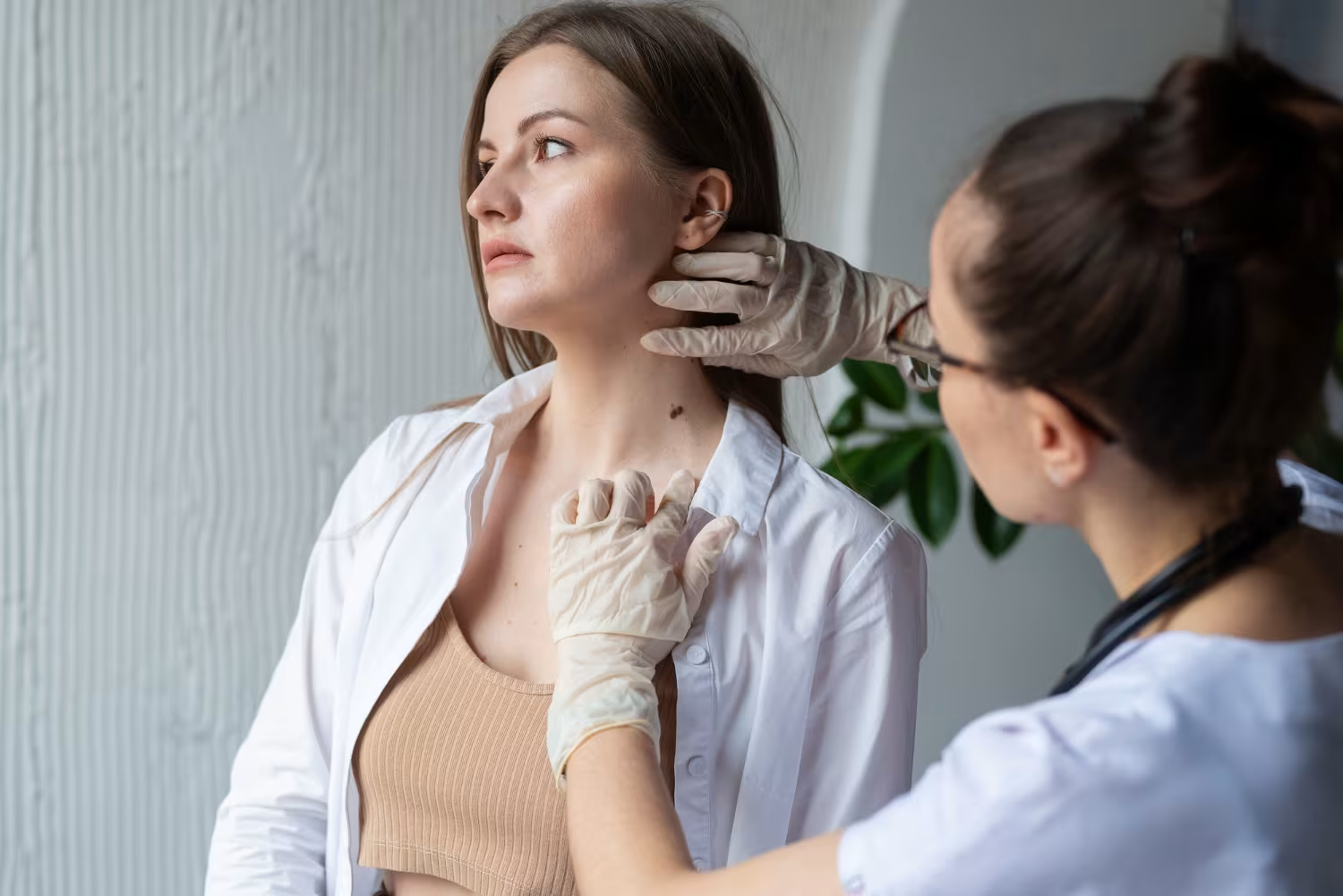
Cervical Screening Awareness Week is a crucial time to highlight the importance of cervical health and encourage women to participate in regular screenings. Understanding what cervical screening involves, how it differs from a smear test, the appropriate age for screening, and the warning signs of cervical cancer can help you stay informed and proactive about your health.
Cervical screening, commonly known as a smear test or Pap test, involves collecting cells from the cervix (the lower part of the uterus that opens into the vagina) to detect any abnormalities that could potentially develop into cervical cancer. The procedure is typically performed by a healthcare professional and involves the following steps:
The terms "smear test" and "cervical screening" are often used interchangeably, but they refer to slightly different things. A smear test is the procedure used to collect cells from the cervix. Cervical screening, on the other hand, encompasses the entire process of collecting, analysing, and monitoring cervical cells to detect any changes that might indicate a risk of cervical cancer.
In the UK, the NHS offers cervical screening to women and people with a cervix aged 25 to 64. The recommended schedule is as follows:
These intervals may vary slightly depending on individual health circumstances and the results of previous screenings. At Private Medical Clinic we offer next day results, the NHS currently has a waiting time of up to 6 weeks for results.
Early detection of cervical cancer is crucial for successful treatment. Here are five warning signs to be aware of:
If you experience any of these symptoms, it's essential to consult your healthcare provider as soon as possible.
Cervical Screening Awareness Week serves as a reminder of the importance of regular screenings. Remember, early detection saves lives, so make sure to attend your scheduled screenings and encourage others to do the same.
Stay informed, stay healthy, and help spread the word!
Click here to book an appointment with one of our doctors.



.avif)

